“Remembering / might also be hijacked”: Travis Macdonald’s The O Mission Repo (Fact-Simile Editions, 2008)
In discussing Janet Holmes’ recently published The ms of m y kin (2009), an erasure project that draws on the Poems of Emily Dickinson as its source text (as well as Ronald Johnson’s Radi Os, the book’s obvious precursor), Ron Silliman has opined in a March blog entry, “I’m not convinced that we need to have an ‘erased’ edition of every major work of the English language.” It’s been done, Silliman seems to be saying—which is certainly true if we look solely through the lens of poetic technique and formal innovation.
However, reading Travis Macdonald’s The O Mission Repo, another recent erasure project, makes me want to consider not only technique but also the cultural function that such poetry is meant to serve and the complex relation between these domains. While Macdonald’s text references similar projects—his invented characters “Unit” and “Lad” evoke “Toge” from Tom Phillip’s A Humument (1970) and the several “radios” that appear in the first section surely allude to Johnson—Macdonald departs from such works in the very choice of his source text: he runs The 9/11 Commission Report through a series of erasures (blacking out, whiting out, blurring, etc) to reveal a shadow narrative filled with outrage, mourning, and a refreshingly idealistic belief that art’s criticality can “redress” what Macdonald cleverly calls “errorism.” While Richard Posner calls the report, which was published in 2004, “an improbable literary triumph,” The 9/11 Commission Report is obviously far less a literary document than Johnson’s Paradise Lost or Holmes’ Poems of Emily Dickinson. And while not a “major work of the English language” in Silliman’s literary-canonical sense, the report is, nevertheless, a document of major cultural and historic significance. This is all to say that The O Mission Repo becomes far more interesting if we consider Macdonald’s formal technique of erasure in conjunction with his desire to probe and ponder a momentous and traumatic event in modern history.
Furthermore, I believe The O Mission Repo, which Macdonald calls an “official over edit,” is more interestingly grouped with texts like Anna Rabinowitz’s Darkling (2001) and M. Nourbese Philip’s Zong! (2008). Rather than considering a diachronic tradition of erasure (like Silliman), I propose that a synchronic analysis of constraint-based and procedural texts—a wider rubric which includes Oulipo-like works as well as erasure projects—will shed crucial light on how contemporary poets write about a subject as weighty and as difficult as historical trauma. Like The O Mission Repo, the 180-paged Zong! is based on a markedly un-literary text. Using solely the legal decision of Gregson v. Gilbert (the so-called Zong case which concerned the throwing overboard of 150 slaves for insurance purposes) as her “word-hoard,” Philip transforms this 18th century legal document into a fractured and poly-vocal anti-narrative. Her use “of techniques such as whiting and/or blacking out words, fragmentation and reversals” enables Philip “to not tell the story that must be told” (Zong! 189). In Darkling, Rabinowitz amazingly creates a 79-paged acrostic which spells out Thomas Hardy’s “The Darkling Thrush” down its left-hand margin. Inspired by old letters and photographs that the poet found in a shoebox in her parents’ house, Rabinowitz’s book narrates, in fits and starts, the fragmented story of two families which suffered dire losses during the Holocaust. On a very general level, the severe formal limitations of all three of these projects and the difficulties those limitations entail reflect the difficulty of representing such momentous subject matter. But beyond this, such formal limitations allow an alternative way of remembering that conventional language cannot access. Philip honors the dead of the murdered Africans whose lives were repressed within a racist legalistic discourse that considers slaves to be merely property; Rabinowitz’s use of the acrostic—which, by some accounts, was originally a mnemotechnic device—allows her to sing the anguished memories of those who “did not wish to sing” (Darkling 1); and MacDonald’s The O Mission Repo wishes to “repo[ssess]” the tale of the tribe in order to prevent the “hijack[ing]” of our collective memory by ideological interests.
In section three called “Error Evolves,” Macdonald makes a strong argument for getting beyond the self, for thwarting what Charles Olson has called “the lyrical interference of the individual as ego”: “The I / lacked the ability to know what it knew: there was no effective mechanism for / knowledge” (77). The mechanism of erasure offers not so much lyrical expressivity but rather an uncanny revealing, a bringing to light of oddly apt snatches of language.
So what is revealed in The O Mission Repo? Besides a score of self-reflexive observations like “process / over / purpose / chance / over / craft,” I found particularly interesting an unexpected and humorous link between capitalist economics and masturbation (“the enlightened hand of self-interest / demands / a hardened cock”); a terse and poignant metaphor that alludes to the shocking morning of the 11th (“All / aboard / the morning / that America’s / ‘Fasten Seatbelt’ sign / turned / on”); a possible critique—refracted through Marx—of the Christian right (“Christ / dealt narcotics / to / the Blind”); as well as a moving and utopian call for peace (“no more / war / for / the / moment”) (27, 85, 4, 95, 121).
The O Mission Report is a truly surprising text, and with it, Macdonald has made an important contribution to contemporary poetry.




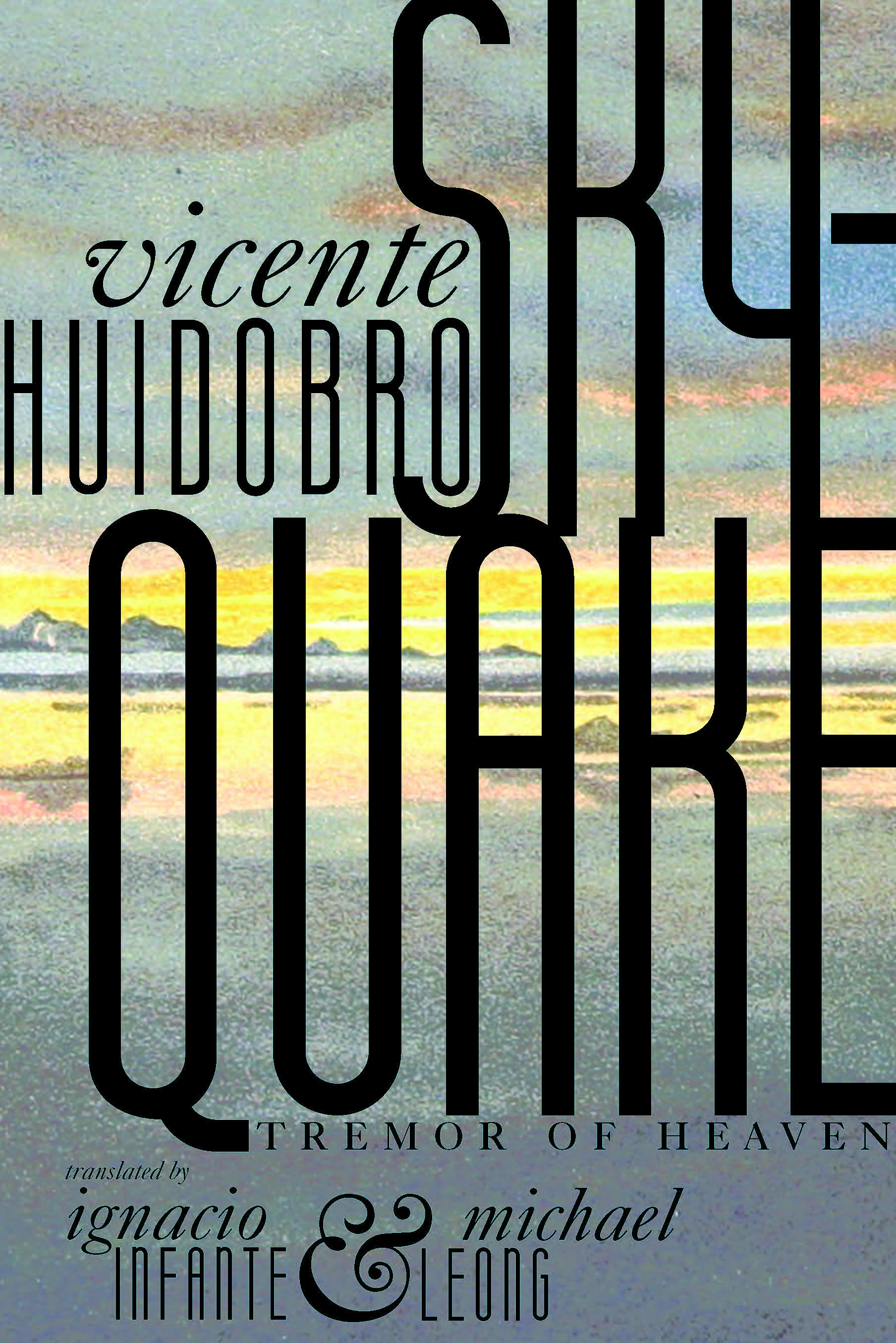



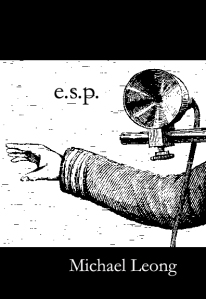
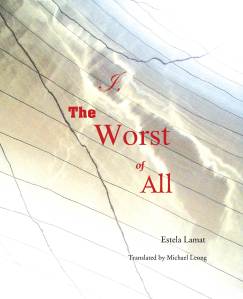


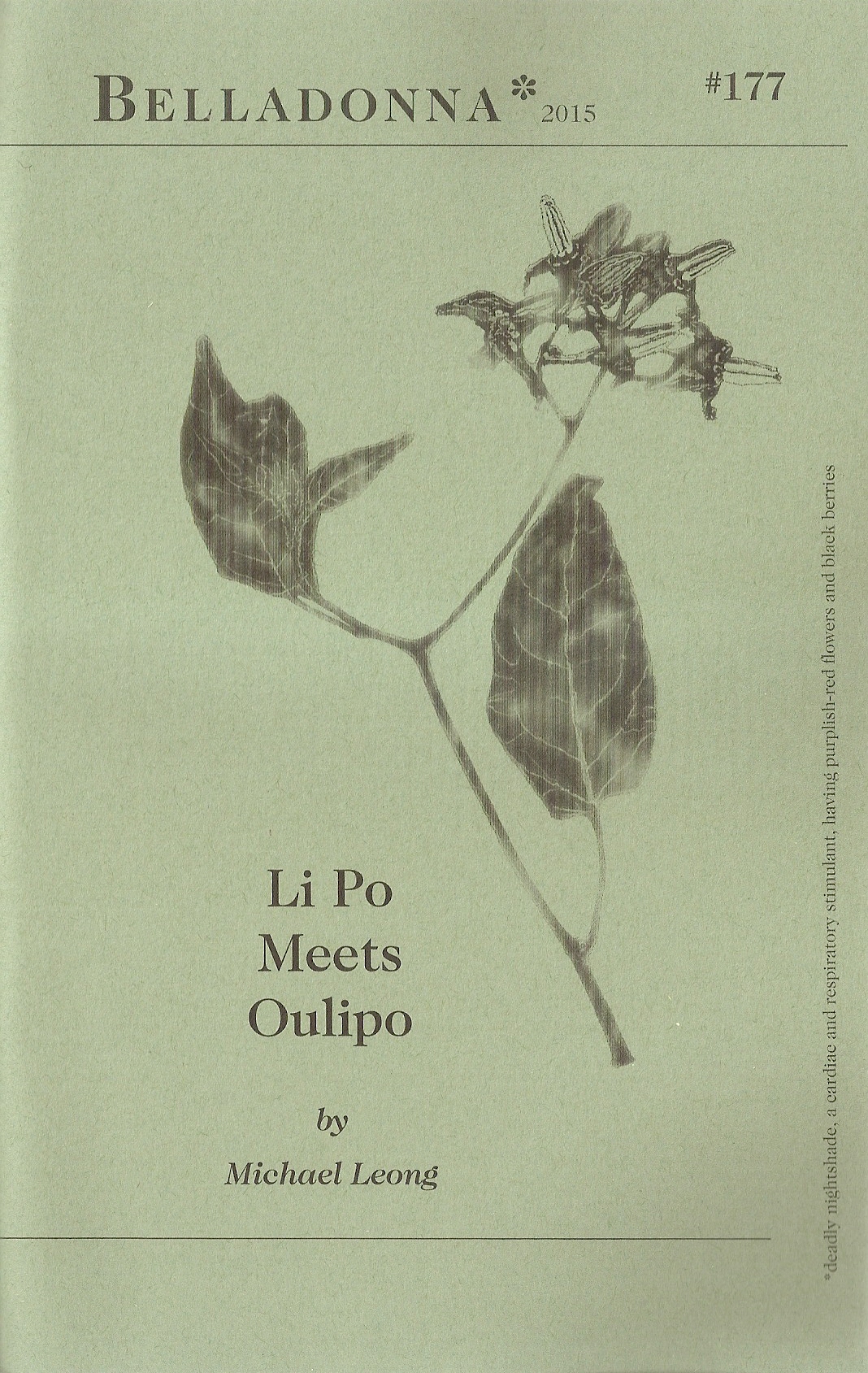

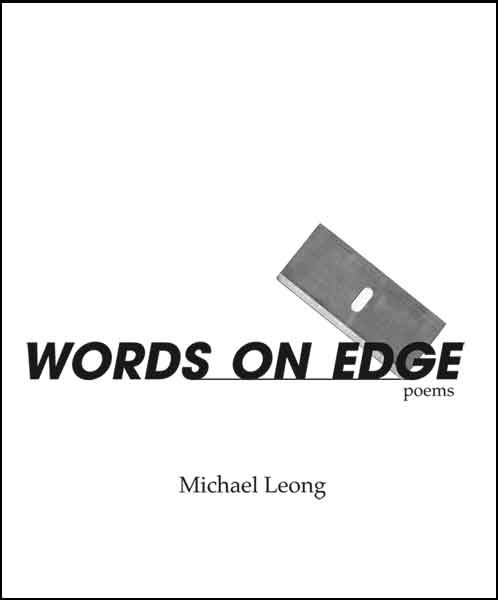




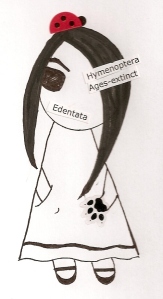
This is a very refreshing and intelligent analysis of erasure poetry, Michael. I believe it is crucial to avoid the hijacking of memory, particularly in relation to trauma.
so glad to see you writing about *zong!,* michael — and glad to know that you’re blogging in the first place. i’ll have to check out macdonald’s poem.
[…] check out my review of The O Mission Repo, “Remembering / might also be hijacked,” that I posted back in […]
Free online version of Macdonald’s *The O Mission Repo* (2008) « Stalactite Chandelier said this on September 12, 2009 at 4:04 pm |
[…] eye-opening erasure of The 9/11 Commision Report, The O Mission Repo (2008), I’ve tried to argue that the erasure poem (like the sonnet or any other received form for that matter) can serve a […]
Flatlander Underground Issue 1.4 Spring 2010 Weather | Performance « Stalactite Chandelier said this on July 31, 2010 at 6:05 pm |